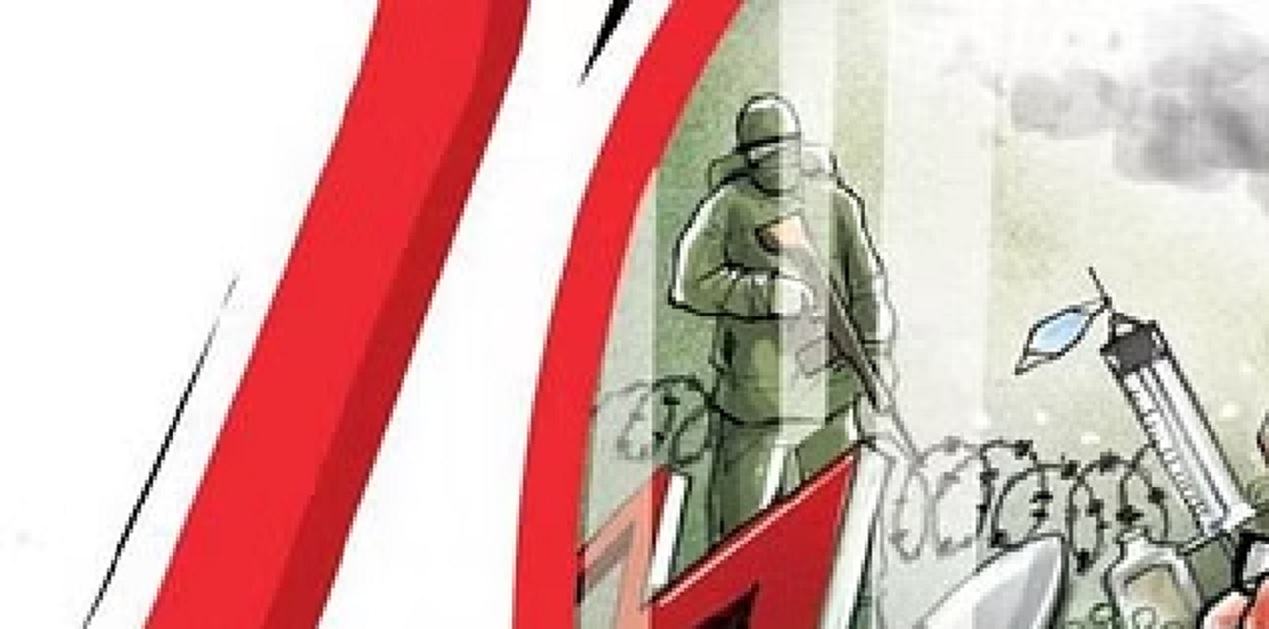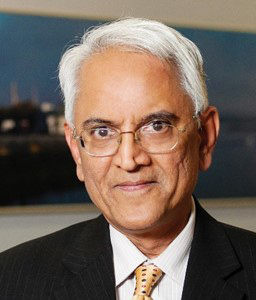The challenge for India and other developing nations is to find an optimal adjustment to a segmented globalisation.
2022 revealed some interesting truths about today’s world order. As the dominant superpower confronts the challenge from an aspiring superpower, the rest of the world is politically and economically fragmented. The inadequacy of templates drawn from the Cold War, like that of democracy mobilising against autocracy, was shown by the responses of many democracies to the war in Ukraine. Countries scrambled to address their regional concerns, political interests and economic welfare. The war monopolised the attention of the world so totally that other humanitarian crises in Asia and Africa dropped off the radar.
Globalisation was already under threat from a growing feeling in industrialised societies that it was no longer benefiting them. Covid-19 and the Ukraine war stalled it more decisively. When the NATO Secretary General told the Davos Economic Forum—a poster child for globalisation—that freedom is more important than free trade and protection of values more important than profit, he was effectively defining new boundary conditions for globalisation. Countries have created new ‘national security’ exceptions to free movements of goods and technologies. Countries are banding together in groups to protect the resilience of their supply chains. The competition to set technology standards for emerging and cutting-edge technologies threatens to develop into a global technology bipolarity, with political and economic implications for countries caught in the middle.
The argument that China has benefited most from globalisation in recent decades is valid. But India also benefited, even if not to that extent. The challenge for India and other developing countries is to find an optimal adjustment to a segmented globalisation, which seems to be emerging.
Developing countries have borne the brunt of shortages and spiralling prices of food, fertilisers and fuel. Many are negatively impacted by the fact that the world’s focus has shifted almost entirely away from other pressing problems like economic distress, natural calamities and conflict in various regions of the world.
Climate change action has faltered. As the West curtailed oil and gas imports from Russia, countries moved back to more polluting fuels like coal and shale oil. The European Union’s plans for a quicker transition to renewables faced headwinds. The cost of materials for wind and solar energy infrastructure soared. The prospect of developed countries fulfilling their pledge of $100 billion a year to climate change-impacted nations is receding—it is already two years behind schedule. More directly, the war is consuming huge amounts of fossil fuel. Its contribution to emissions cannot be quantified, but we do know modern weapons systems are designed for lethality and accuracy, not for the economy of emissions.
Multilateralism has atrophied. Almost every multilateral organisation is riven by divisions, reflecting frictions between the major powers. The UN Security Council, which is charged with maintaining international peace and security, has been unable to stop conflict, death and destruction in Sudan, Ethiopia, Yemen, Iraq and Syria (to name just a few examples), let alone the Ukraine conflict, which pits permanent members of the Council in more direct confrontation. As long as they cling on to their 1945 configurations, multilateral institutions cannot command legitimacy. The call for reformed multilateralism, which India pushed with considerable energy during its recently-concluded two-year term as member of the UN Security Council, seeks more democratic governance in multilateral institutions and a broader representation at their apex levels. In the post-Cold War world, many middle and regional powers aspire for more political and economic space in the world order.
Even as it declared unstinted support to Ukraine against the Russian invasion, the United States kept the strategic challenge from China firmly in its sights. House Speaker Nancy Pelosi’s visit to Taiwan, hinting at some ambiguity in the one-China policy, triggered a sabre-rattling response from China. That crisis has passed, but the future contours of the US-China relationship bear close watching. The NSS envisages strong US competition with China, tempered with cooperation on the major transnational challenges of terrorism, climate change and health security. Much will depend on how the competition-cooperation contradiction will be reconciled.
America’s European allies have taken a more nuanced line, emphasising on the need for greater engagement with China, even while addressing the strategic and security challenges that it poses. The two Pacific nations in the Quad, Japan and Australia, are significantly upgrading their military capabilities, but also understand the pragmatic sense in a level of bilateral and multilateral cooperation with China. How this duality would impact their posture in the Quad would be of importance for India.
India’s own prickly relations with China came under strain earlier this month with the border incident in Arunachal Pradesh. It emphasised on the importance of strengthening defence and deterrence, not only in the maritime domain of the Indian Ocean, which is critical for its economic and security interests, but also on its continental flank to the north and northwest.
India’s foreign policy has, on the whole, navigated the geopolitical waters of 2022 fairly adroitly, safeguarding the country’s strategic interests and buffering its economy from external shocks. But challenges continue to grow. Our neighbourhood remains politically and economically disturbed. There is no sign of a let-up in the war in Ukraine. The leaders of Russia and Ukraine profess a desire to negotiate, but the pre-conditions of each are short of the acceptability threshold of the other. A fragmented world, with globalisation distorted and multilateralism atrophied, will struggle to find workable cooperation mechanisms on climate change, international economic governance, counter-terrorism and conflict resolution. The genuine concerns of developing countries (the ‘Global South’) need to be addressed sensitively.
India will work to catalyse progress on these issues, as it coordinates the preparatory meetings and eventually the summit interactions of the G20. It is a major opportunity, since the G20 brings together all the major economies and geopolitical actors of the world. Given the complexity of the issues involved, it is also a major challenge.










Post new comment